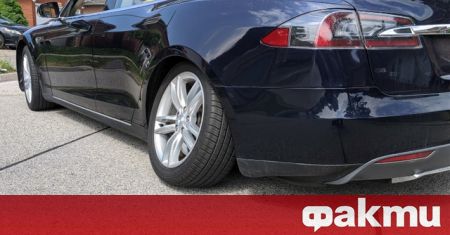TOKYO (AP) — The city of Tokyo has launched a massive vaccination campaign to distribute COVID-19 booster doses at a temporary center run by the military, as Japan tried to speed up long-delayed third doses to combat the spike in COVID-19 infections. coronavirus.
Japan began administering booster doses to medical personnel in December, but has only offered them to 2.7% of the population after delaying a decision on whether to reduce the interval between the first two to six months, from the initial eight. dose and recall.
There was a strong demand for the injections. The reservations through the internet that opened on Friday filled all the gaps for some 4,300 doses in the military center in nine minutes. The center will use the vaccine manufactured by Moderna, Inc.
In a smaller-scale operation, people 65 and older will be able to get vaccinated elsewhere.
The center run by the Self-Defense Force in central Tokyo reopened on Monday, after closing at the end of November. It will vaccinate about 720 people aged 18 and over each day this week, before reaching more than 2,000 a day next month. Next week another military vaccination center will start operating in Osaka.
The omicron variant has spread rapidly and caused a much larger wave of infections in Japan than previous variants of the virus. Tokyo reported 15,895 new cases on Sunday, a new record for a Sunday. Nearly half of its hospital capacity is full. Nationwide, Japan recorded some 78,000 cases for a cumulative total of 2.68 million, with some 18,700 deaths.
In an interview with Japanese media, a man in his 50s said that the distribution of vaccines in his area was slow and that it had been a relief to receive his dose. Another in quarantine said he wanted to get vaccinated because omicron infections were spreading at his son’s elementary school.
Prime Minister Fumio Kishida visited the Tokyo vaccine center on Monday and said most cities were expected to complete booster doses for Japanese people aged 65 and over by the end of February. Next in line were younger Japanese, though many had not yet received the required appointment coupons and were unlikely to receive their booster doses until March or later.
Kishida said the decision to close Japan’s borders to most new foreign travelers at the end of November had helped stem the new spike in infections.
The government has resisted imposing strict lockdowns to curb the pandemic, basing its strategy on asking restaurants to reduce their opening hours and urging people to wear masks and observe social distancing.
Although those practices kept the number of cases relatively low in most of the country, and helped to reduce infections much in the fall, the pandemic is taking a prolonged economic toll.
“The mostly slow (rollout) of booster doses in Japan will most likely delay its economic recovery compared to many other countries,” said Toshihiro Nagahama, chief economist at research institute Dai-Ichi Life.
Much of Japan, including Tokyo and other big cities like Osaka and Kyoto, is now subject to coronavirus restrictions for the first time since September.
The government has faced harsh criticism for delays in its response to the pandemic, especially the slow start of the first two rounds of COVID-19 vaccines last year, due to a shortage of imported vaccines. The vaccination rate reached almost 80% after Kishida’s predecessor, Yoshihide Suga, set a goal of one million daily vaccinations to finish immunizing most of the elderly population before the Tokyo Olympics last year. .
–


